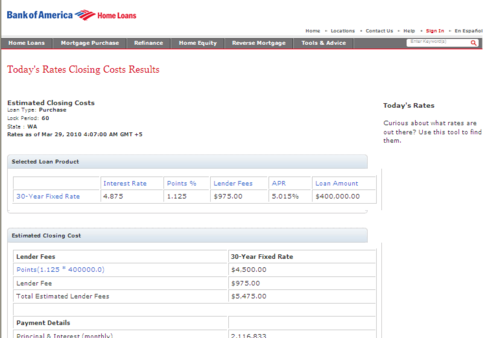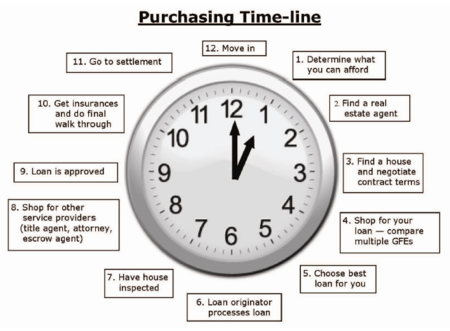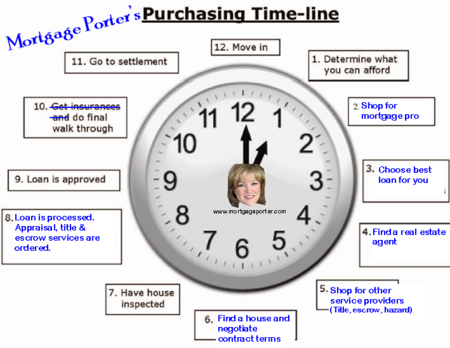This subject has been gnawing at me for a while and I’m actually surprised I haven’t written about it here before. In order for the housing market to really start recovering, I believe that the underwriting guidelines need to relax. Whoa–you say, isn’t that what got us into this mess in the first place? Well, I’ll argue that it was more of folks being able to buy more than they could afford (via stated income) that drove up prices and put them into homes where they could never afford the the payments over folks who used home equity by consolidating debts or doing who knows what with the cash (hopefully they banked it…in a safe place).
Helping someone keep their home by taking advantage of the lower interest rates prevents a foreclosure or short sale. Yes, we have the Home Affordable Refinance Programs (HARP) thanks to President Obama–but many don’t qualify and many who do are not taking advantage of this temporary program. FHA Streamline refinances now require an appraisal OR no closing costs can be financed–how is that better for American home owners during this time?
If it were up to me, I would make it possible for home owners who have demonstrated they pay their mortgage and debts on time and who have documented steady employment to have their appraisals waived and closing costs financed so they don’t have to dip into their hard earned savings to finance their refinance. Now this does happen sometimes with Fannie Mae’s HARP program…but not with Freddie Mac (which requires an appraisal and limits closing costs) and not with FHA.
Why penalize home owners who’s property values have plummeted because their neighbors sold their homes via short sale, lost it due to a legitimate foreclosure or plain walked away from their obligations? Why punish home owners who have been making their payments and who qualify on every other point EXCEPT the appraised value? If their payment is being reduced, it helps stabilize the neighborhood and reduces the risk of default for the mortgage servicer. Loan to values need to be eliminated on rate-term refinances where a tangible benefit for the home owner exists.
We also need to eliminate the securitization factors of when Fannie or Freddie bought the existing mortgage for it to be eligible for a HARP refi. I recently had a client where it showed on Fannie Mae’s site that he indeed has a mortgage owned by Fannie Mae–it was not until we received an error message trying to underwrite it through DU (the automated underwriting system) that we called Fannie Mae to discover that the loan had been securitized (purchased by Fannie Mae) one day too late to qualify (March 1, 2009). This person’s loan closed in December 2008, was sold the the bank and then took months for Fannie Mae to purchase. This means this upside-down home owner does not qualify to reduce his payment by $250 per month. Imagine what the $250 a month would do for him and/or the economy. It gives him some probably needed monthly financial wiggle room and he just might spend a little more which helps our economy too. (Loans need to be purchased/securitized by Freddie Mac no later than May 31, 2009 to qualify).
These are just a few thoughts that have been a bee in my bonnet… or worse! Don’t get me started on home owners with existing mortgages that have private mortgage insurance hitting a brick wall when trying to do a HARP refi (most pmi companies are not cooperating) or not being able to include second mortgages (even “purchase money”) in a HARP refi. Or how FHA insured loans will soon be more expensive for borrowers seeking to refinance or purchase with the increase of the annual mortgage insurance premium.
Please contact your elected officials in Congress if you have had issues with obtaining financing…they are making originating loans tougher and tougher as I write this post.
I’m afraid it’s going to get worse before it will get better. Many people who need help and who would qualify for the refinance with exception of the appraisal…are not able to get it. Many don’t want to risk the cost of the apprasial (around $500) to attempt a refinance in these economic times.












Recent Comments